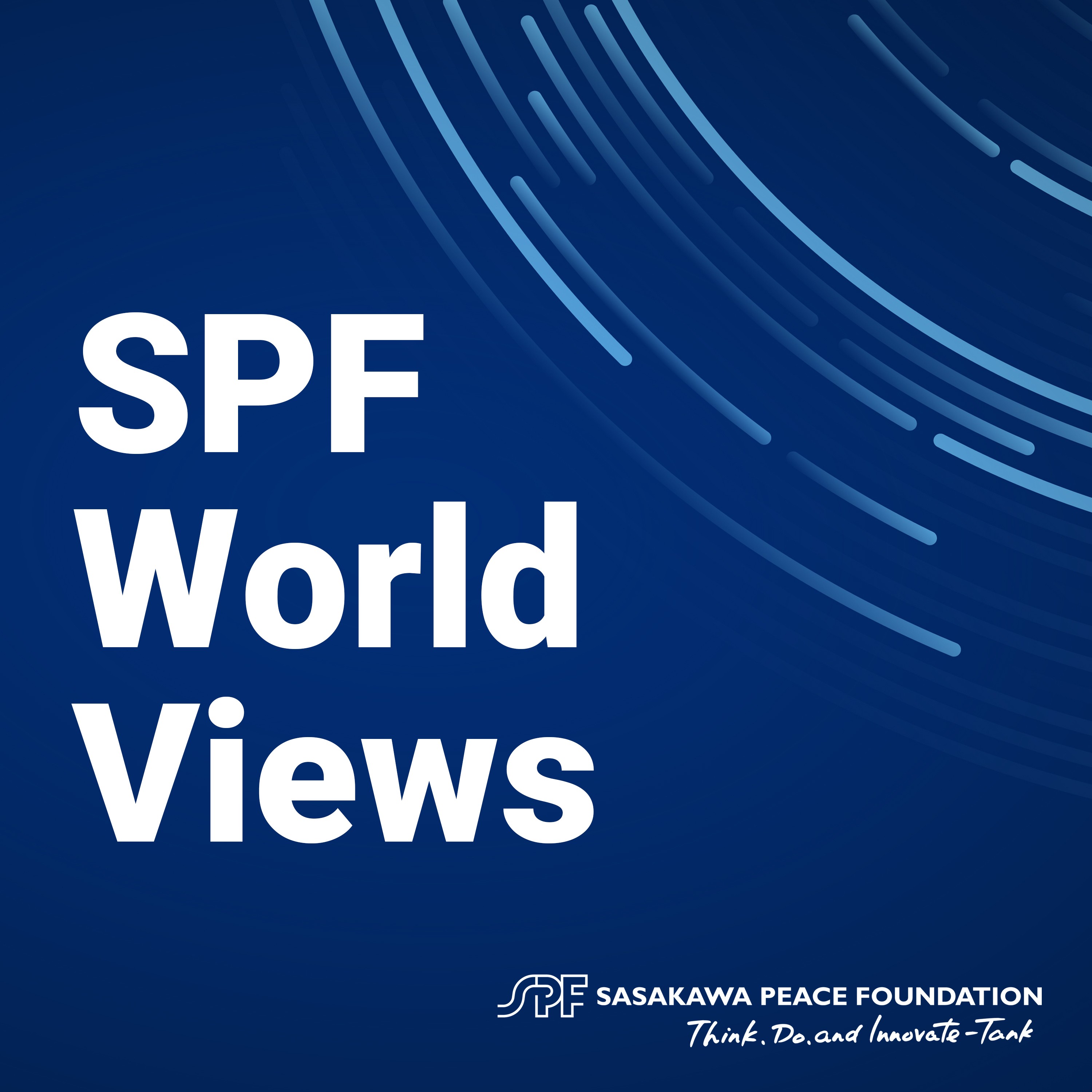Episodes
Friday Dec 08, 2023
Friday Dec 08, 2023
In October 2000, the Women, Peace and Security (WPS) agenda was formally initiated by the landmark UN Security Council Resolution 1325, which recognizes the critical role of women in preventing and resolving conflicts. The evidence shows that when women participate in peace processes, outcomes improve. As one example, when women participate in peace agreements, the chances of that agreement lasting longer than two years is increased by 20%, and the chances of lasting longer than 15 years goes up by 35%.
While the international community has largely rallied behind the WPS agenda, the reality is that women continue to be excluded from peacebuilding processes and face the devastating consequences of conflicts around the world.
So what is standing in the way of progress with the WPS agenda? One possibility may be engaging men in this process and better understanding how masculinity impacts peacebuilding.
This brings us to our conversation with Maho Nakayama, director of the Peacebuilding Program at SPF. The Peacebuilding Program has been conducting joint research looking into gender equality, peacebuilding, and masculinity based on extensive on-the-ground surveys conducted in three post-conflict areas in Indonesia and the Philippines. Ms. Nakayama discusses how this research illuminates new ideas about the perceptions of gender roles and masculinity, and what that might mean for the future of the WPS agenda.
You can read the full transcript of this episode on the SPF website.


No comments yet. Be the first to say something!